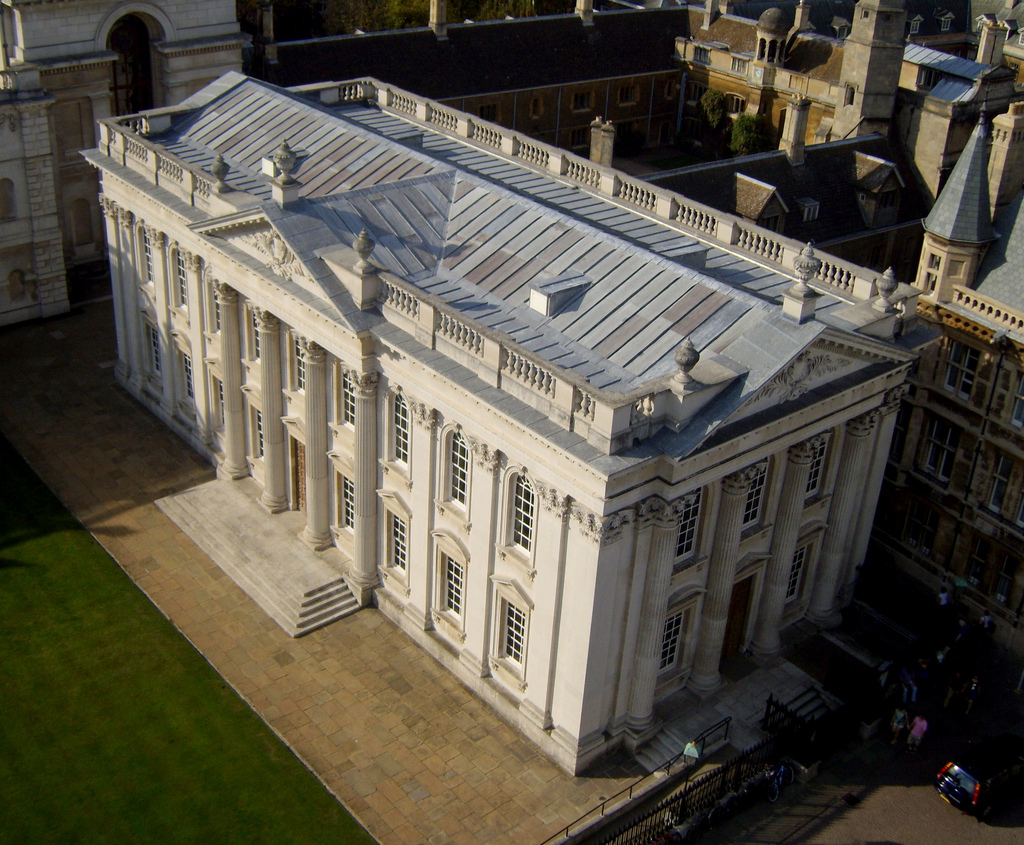Cambridge University students launch counter-petition to see 300-year-old class lists tradition stay
One student argues well-being comes first, adding: ‘While I do value tradition, I value mental health more’

Your support helps us to tell the story
From reproductive rights to climate change to Big Tech, The Independent is on the ground when the story is developing. Whether it's investigating the financials of Elon Musk's pro-Trump PAC or producing our latest documentary, 'The A Word', which shines a light on the American women fighting for reproductive rights, we know how important it is to parse out the facts from the messaging.
At such a critical moment in US history, we need reporters on the ground. Your donation allows us to keep sending journalists to speak to both sides of the story.
The Independent is trusted by Americans across the entire political spectrum. And unlike many other quality news outlets, we choose not to lock Americans out of our reporting and analysis with paywalls. We believe quality journalism should be available to everyone, paid for by those who can afford it.
Your support makes all the difference.Students at the University of Cambridge are unexpectedly fighting to have their exam marks made public for all to see, weeks after campaigners persuaded university bosses to axe the 300-year-old tradition.
Class lists – which state the degree grade achieved along with the student’s name – were displayed on boards outside the Senate House where the university holds graduation ceremonies, but campaigners argued that doing so was “damaging” to their welfare.
On 11 July, a joint report of the university council and general board declared the public display of class-lists is “undesirable, unnecessary, and it no longer benefits the interests of the collegiate university or the various parties within it.”
The notice added: “It no longer serves the purpose for which it was originally intended, given that students can now access their own results [online], as can others with a legitimate interest in those results. A number of speakers referred to the stress publication causes to many students, and to the various undesirable means to which these public data can be put.”
The grades available on the class list were made into the Tompkins Table, published by The Independent and, if the counter-petition proves unsuccessful and the abolishment of the class lists is carried through, then the table ceases to exist too.
Over 500 students have signed the counter-petition calling for students to be consulted on the axe, arguing the move has been taken without their views being sought. Following the student-led “Our Grade, Our Choice” campaign earlier this year, which petitioned for the university to either abolish the class list altogether or allow an easy opt-out system, debate is continuing over the issue.
Jack May, who has just finished his studies at Cambridge, claims the university hasn’t sufficiently considered the other options available before making the drastic decision to abolish the lists. He said: “Cambridge students shouldn’t be forced to have their grades made public, but shouldn’t have the chance to be part of a unique tradition taken away from them either. The university should look into other options, like an easy opt-out from the class list publication system, before taking such a monumental decision too hastily.”
In 2008, the university’s students’ union consulted scholars on the class list, with two thirds of respondents indicating they liked the tradition.
Psychology student, Daniel Hepworth, told The Independent: “To be honest, everyone asks how you got on and people are going to find out your grade anyway, whether it’s published or not. I think people need to embrace their grades and not be ashamed.”
Critics of the class list, however, cite the pressure it puts on already-stressed students, and the contribution to the competitive nature of the university. Downing College student, Aoife McCaul, argues students’ well-being must come first: “I can’t see any positives that come out of results being made public and, while I do value tradition, I value mental health more.”
Others are questioning the necessity of the tradition. One student of Christ’s College said: “If their desire for public recognition of their grades is all too much, then I’m sure class list enthusiasts will find other means of catharsis-tattoos of their grades – on their foreheads, perhaps?”
The “Our Grade, Our Choice” campaign has yet to respond to The Independent’s request for comment.
Cambridge was the only university in the UK to publicly display class lists after Oxford abolished the practice in 2009.
Join our commenting forum
Join thought-provoking conversations, follow other Independent readers and see their replies
Comments